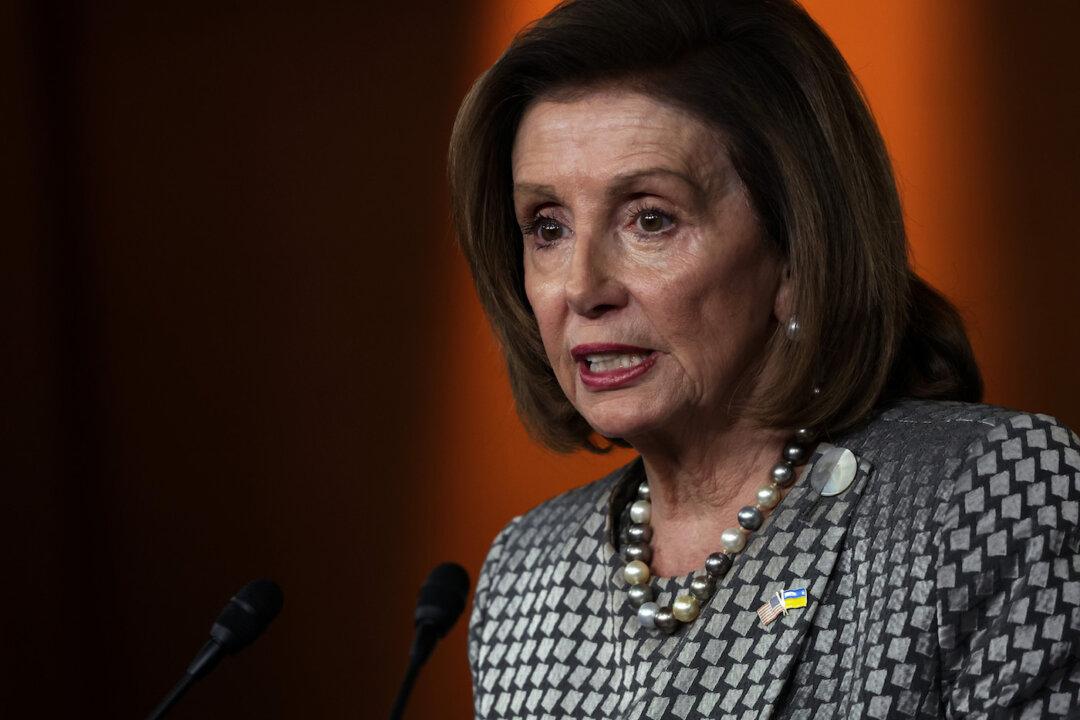Pro-abortion advocates have started blaming Democratic leaders, particularly House Speaker Nancy Pelosi (D-Calif.), who they say have not done enough to protect abortion access as the Supreme Court appears likely to overturn Roe v. Wade, the landmark 1973 decision that classified abortion as an unenumerated constitutional right.
According to a draft opinion leaked to Politico on May 2—written by Justice Samuel Alito and confirmed as genuine by the court—a majority of the justices have agreed preliminarily to overturn Roe v. Wade.





